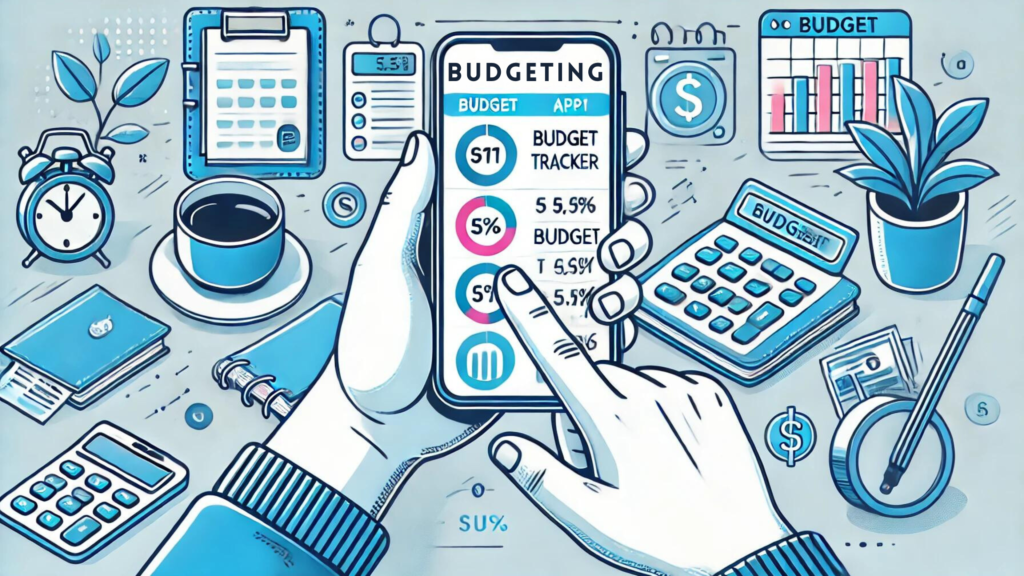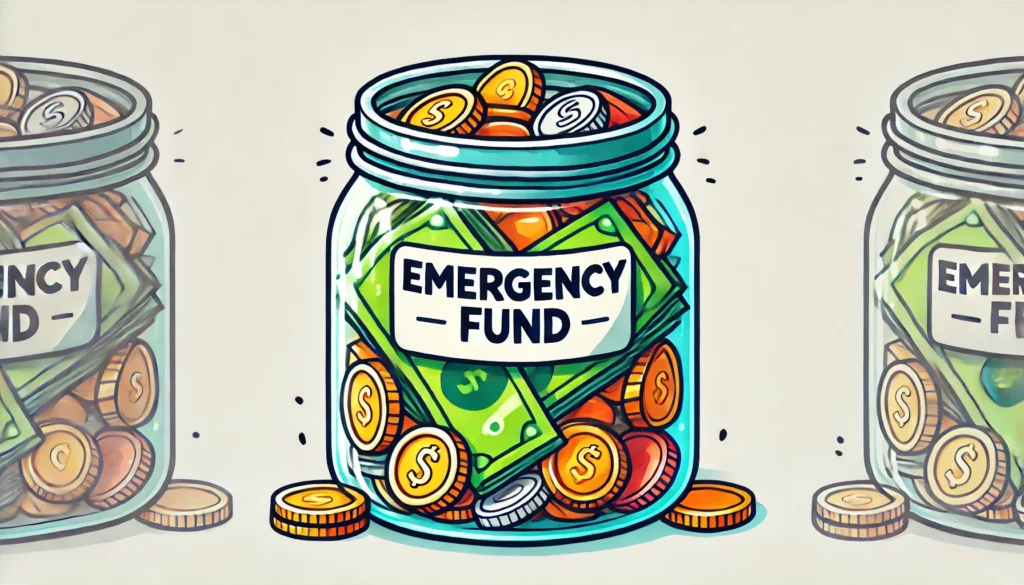In today’s world, managing finances can feel like conducting an orchestra, where every note must be in harmony to achieve a beautiful symphony. To navigate this complex task, the SMART framework offers a structured approach to setting and achieving financial goals. By making your goals Specific, Measurable, Achievable, Relevant, and Time-bound, you can transform your financial dreams into reality.
What is the SMART Framework?
The SMART framework is a goal-setting technique that ensures your objectives are clear and reachable within a specified timeframe. Here’s a breakdown of each element of the SMART framework:
Specific: Your goal should be clear and specific, answering the questions of what, why, and how.
Measurable: There should be criteria for measuring progress and success.
Achievable: Your goal should be realistic and within reach.
Relevant: It should matter to you and align with other goals.
Time-bound: Every goal needs a target date to focus on and something to work towards.

Applying the SMART Framework to Financial Goals
Let’s see how you can use the SMART framework to orchestrate your financial goals effectively.
Specific Goals
Start by defining your financial goals clearly. Ambiguous goals like “save money” are difficult to accomplish. Instead, be specific: “Save ₹50,000 for an emergency fund by the end of the year.” This specificity gives you a clear target to aim for.
Measurable Goals
Having measurable goals means you can track your progress and stay motivated. For example, “Invest ₹5,000 every month in a mutual fund” allows you to measure your contributions and growth over time.
Achievable Goals
Setting realistic and achievable goals is crucial. Consider your income, expenses, and lifestyle when setting financial targets. For instance, aiming to “pay off ₹1,00,000 of debt in one year” is only achievable if it fits within your budget.
Relevant Goals
Your financial objectives should match your overall life goals. If buying a house is important to you, then a goal like “Save ₹10,00,000 for a down payment in five years” is relevant and significant.
Time-bound Goals
Every goal needs a deadline. This urgency helps you stay focused and motivated. For example, “Accumulate ₹1 crore for retirement by age 60” sets a clear target.
Real-Life Examples of SMART Financial Goals
Here are a few examples of how you can structure your financial goals using the SMART framework:
1. Goal: Save for a family vacation.
Specific: Save ₹1,20,000 for a family trip to Goa.
Measurable: Save ₹10,000 every month.
Achievable: Cut down on dining out and entertainment expenses.
Relevant: Family vacations are important for bonding.
Time-bound: Save the amount within one year.
2. Goal: Pay off credit card debt.
Specific: Eliminate ₹60,000 in credit card debt.
Measurable: Pay ₹5,000 per month towards the debt.
Achievable: Adjust monthly budget to allocate funds.
Relevant: Reducing debt improves financial health.
Time-bound: Clear the debt within one year.
Strategies and Suggestions for Reaching SMART Financial Goals
Budgeting Apps: Use budgeting apps like Walnut (Walnut is a popular expense-tracking app in India) or MoneyView (MoneyView offers financial management tools for tracking expenses and loans) to keep track of your spending and savings.
Automated Savings: Set up automatic transfers to your savings account to ensure consistency.
Investment Plans: Consider systematic investment plans (SIPs) in mutual funds to build wealth over time.
Financial Advisor: Consulting a financial advisor can provide personalized strategies to achieve your goals.

Conclusion
Orchestrating your financial goals with the SMART framework can lead to a harmonious and prosperous financial future. By making your goals specific, measurable, achievable, relevant, and time-bound, you ensure they are clear and within reach. Start setting your SMART financial goals today and watch your financial symphony come to life.
Author’s Note
Setting financial goals is like conducting a symphony; every element must work in harmony to achieve success. The SMART framework is your conductor’s baton, guiding you toward financial harmony and prosperity.
G.C., Ecosociosphere contributor.




